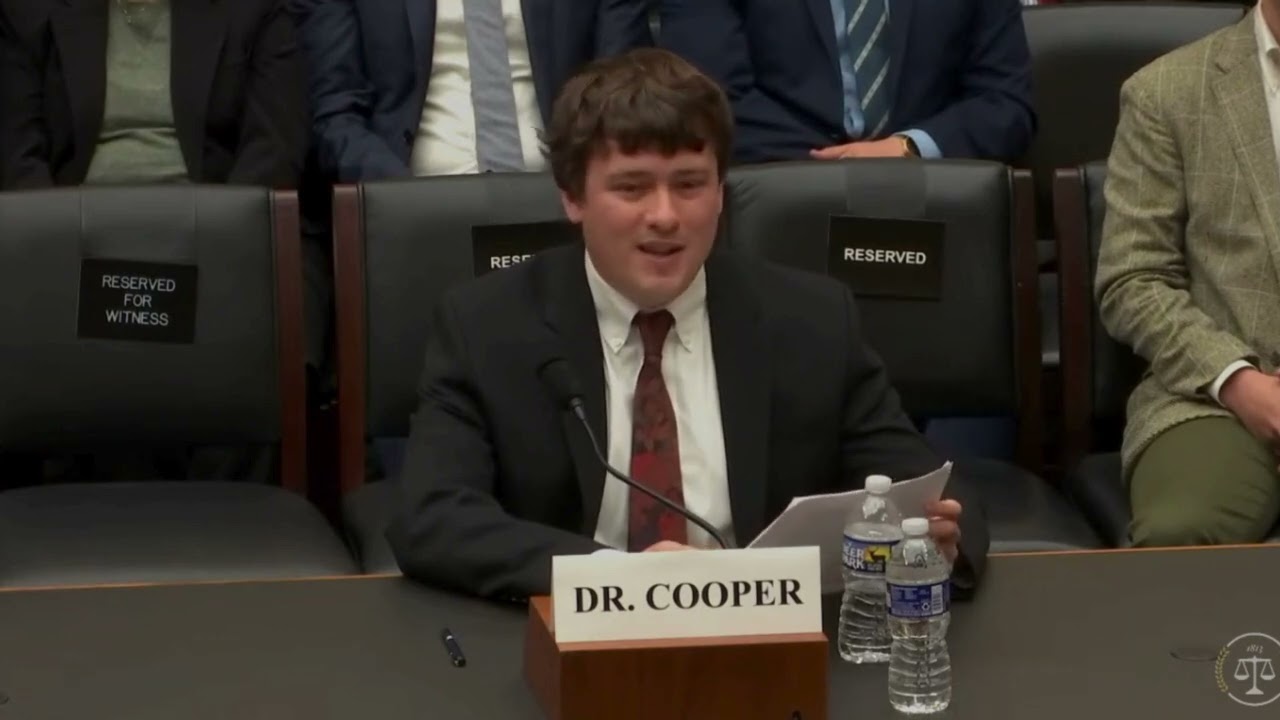
Recent Supreme Court rulings have been favorable to religious institutions receiving vouchers
Three Virginia students are suing the commonwealth of Virginia in federal court after being denied access to state-run tuition assistance programs because of their choice to pursue religious studies.
Backed by Alliance Defending Freedom, the students are suing the State Council of Higher Education for Virginia and the Virginia Department of Military Affairs.
The students, all of whom attend or plan to attend Liberty University in Lynchburg, say they have been denied otherwise available tuition assistance grants because they plan to study religious-oriented programs, including “Music and Worship.” However, they could get the grants for similar religious programs if they attended public colleges, according to the lawsuit.
Two of the students have been denied grants from the Council of Higher Education while one had a grant request denied through the state National Guard program.
An ADF attorney provided further comments via a phone interview with The College Fix.
Counsel Jake Reed compared Johnson to the precedents set in three recent rulings pointing to the cases as standing precedent that “the Supreme Court said in all those cases again [that] you can’t exclude religious observers because they are religious or they exercise their religion from public benefits.”
The Supreme Court ruled in the 2020 case Espinoza v. Montana Department of Revenue that the state could not exclude parents from a school choice program just because they chose to use the money at a Christian school. Two years later, the Supreme Court ruled in a similar case, Carson v. Makin, that Maine could not exclude religious schools from its own voucher program. In the Trinity Lutheran case, the Supreme Court ruled in 2017 that a Lutheran preschool could not be excluded from a recycled tire program for playgrounds simply because of its religious nature.
These rulings are similar to what the Liberty students face, according to Reed.
“The VA program is literally open to any student who lives in Virginia and attends a private nonprofit college and they can pursue any major,” Reed said. “They want mathematics, history, philosophy, even some religion programs, but they [students] can’t pursue the religion program that our three clients picked in this case.”
He said the students in question are not necessarily pursuing ministerial careers either, lending further credence to the ADF’s case.
Reed concluded his comments by saying that “our Constitution demands that the government treats similarly situated people equally,” but that the students in question are “being treated essentially as second class citizens,” despite the Constitution’s demands.
ADF recently won a similar lawsuit against Georgia when it decided to open up its tuition assistance program to students attending Christian colleges, following a lawsuit from Luther Rice College and Seminary.
The State Council of Higher Education and the Virginia Department of Military Affairs did not respond to two emailed requests for comment in the past week on the lawsuit.
However, a University of Notre Dame religious liberty expert said there is at least one Supreme Court case, Locke v. Davey, which supports Virginia’s position.
In 2004, the Supreme Court upheld a Washington scholarship program that excluded students who used the money for “a degree in theology if the program is taught to cause belief,” according to a summary by Oyez.
Professor Gerard Bradley said, “the plaintiffs have strong arguments based upon decision since Locke is in favor of reversing that holding,” and “it might well be that, if this case were to go to SCOTUS, the Court would side with the plaintiffs by reversing Locke.”
He did not respond to a follow-up question about which specific cases supported reversing the precedent of Locke.
Bradley echoed the ADF’s point that the students in the Virginia case are not necessarily pursuing ministry as a career field, as was the case in Locke.
He said an undergraduate degree in theology is “pretty far” from the “devotional theology” degree the plaintiff in Locke was pursuing.
Since an undergraduate degree is different from “becoming a minister” Bradley said there are strong arguments that excluding the students from the Virginia grant programs amounts to “raw religious discrimination,” which would help them win their case.
MORE: 75% of Truman Scholars involved in liberal politics a decade later, analysis finds
IMAGE CAPTION AND CREDIT: A young adult prays over a Bible; Reena Black/Pexels
Like The College Fix on Facebook / Follow us on Twitter
Please join the conversation about our stories on Facebook, Twitter, Instagram, Reddit, MeWe, Rumble, Gab, Minds and Gettr.
No thanks, I’m not interested!


Recent Comments